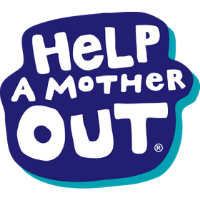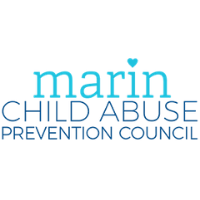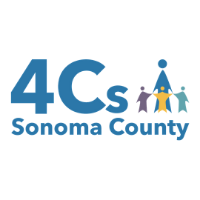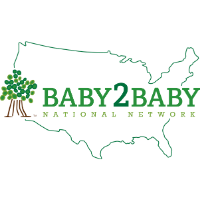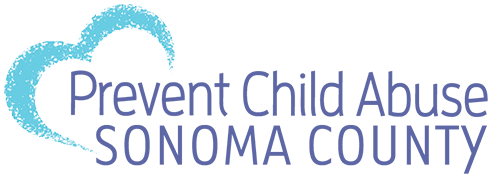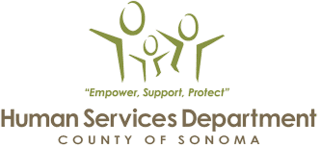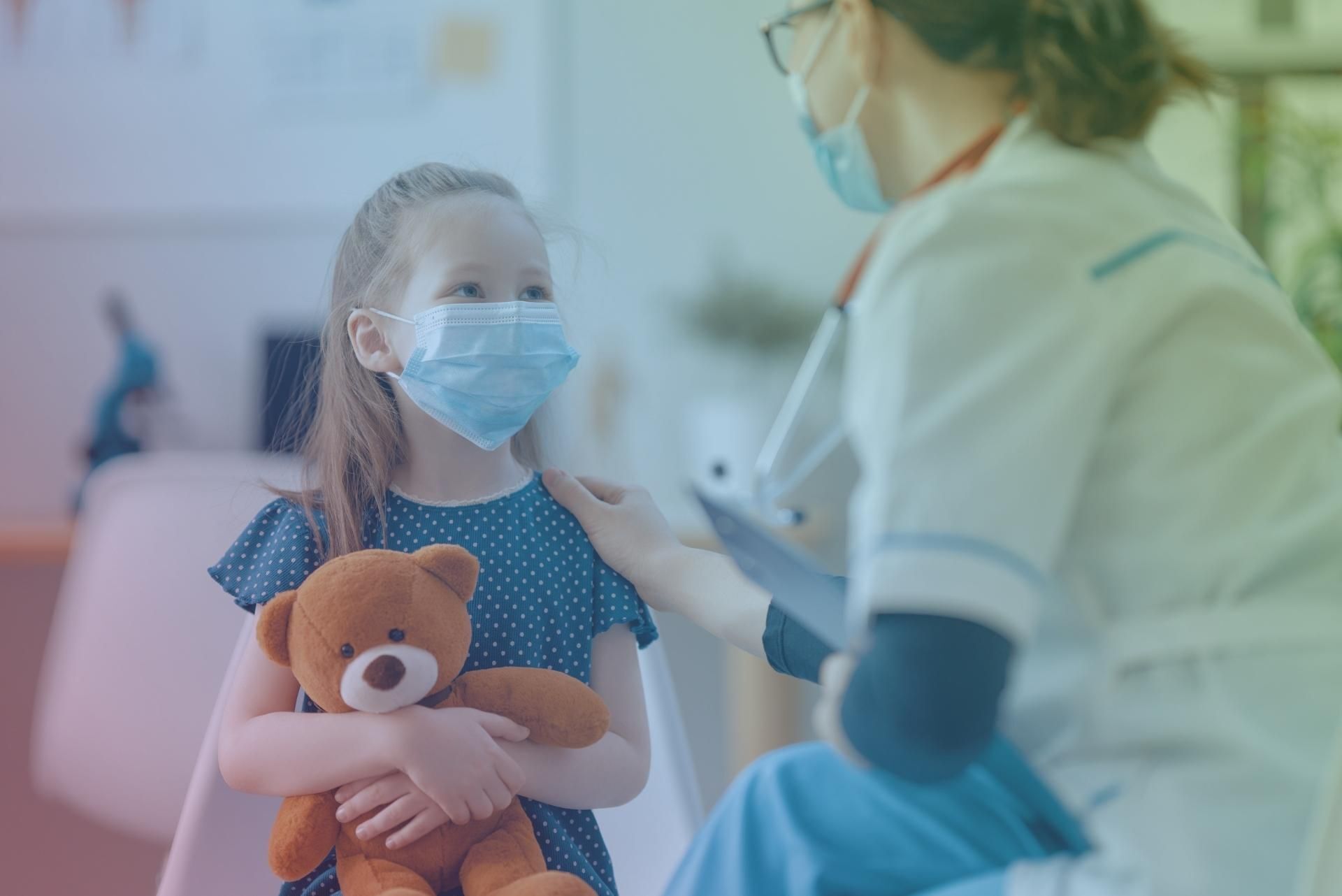
Last month, COVID vaccines were approved for children between 6 months and 5 years of age. For some parents, this was a long-awaited moment, when their youngest family members could also be more protected against COVID. Others are feeling cautious and want to wait and see. And there are many strong opinions about whether COVID (and other) vaccines are helpful or harmful, leaving many families wondering what to do. This month, I’m sharing information I’ve learned from local pediatricians, pediatric nurse practitioners, and public health leaders (many of whom have young children) about the COVID vaccines for this age group.
Dear CPI,
Everyone in our family has been vaccinated against COVID, except our toddler. We’ve been worried about them getting COVID and exposing their grandparents, who have health issues. But now I’m more hesitant about the COVID vaccine for them than I was for ourselves and our older kids. I’ve heard many different, confusing opinions from friends, family, and on social media! It’s hard to know who or what to believe. Help!
Anne
Dear Anne,
It’s natural to ask questions about these vaccines, just like you would about any other health issue affecting your child. That’s part of your role as a parent — weighing the pros and cons of different choices so you can decide what’s right for your family. It’s also understandable that you might feel differently about vaccines for young children than you did for older people. I encourage you to talk to your pediatric care team about any specific concerns. In the meantime, here are some answers to common questions parents often ask.
Are the vaccines safe?
Both the Pfizer vaccine (3 doses, for children 6 months – 4 years) and Moderna vaccine (2 doses, for children 6 months – 5 years) were tested in clinical trials that involved 10,800 children and were reviewed by independent scientists and medical experts, who unanimously approved them. The shots have smaller doses than the vaccines for adults, and researchers wanted to make sure they were both safe and effective. That’s why it took longer for these vaccines to be available.
What about side effects?
During the clinical trials, the reported side effects were mild and temporary. They varied by age group; for children under 2, they included crankiness and drowsiness, and for children ages 2-5, some pain at the injection site, low fever, and feeling tired. There were no reported cases of myocarditis (heart inflammation) during the clinical trials for this age group.
Are the vaccines effective?
In the clinical trials, the levels of antibodies (the way our bodies learn to fight a specific virus) were as high or higher than adults, which suggests they are very effective in preventing severe disease and death (like the adult vaccine).
Isn’t COVID less serious among kids? Do they need to be vaccinated?
It’s true that most kids who get COVID experience milder symptoms than adults, but they could still transmit it to others. This can be very disruptive, causing household members to miss school or work to avoid infecting others or to care for someone who’s sick. We’re also still learning a lot about the long-term effects of COVID in both children and adults. And over 440 children aged 0-4 have died from COVID, making it a top 10 leading cause of death in this age group. Vaccines are one tool we can use to minimize the risk of infection, severe illness, and death.
What if my child already had COVID? Are they protected against future infections?
Recovering from an infection provides some temporary protection, but vaccination produces a stronger immune system response. The post-infection protection doesn’t last as long, and the COVID virus keeps mutating – so the strongest, longest-lasting protection for all age groups is keeping up-to-date on vaccinations and boosters as they’re developed.
FINAL THOUGHTS: Unfortunately, COVID is still a serious health concern. Our children rely on us to keep them safe from health threats like this. Asking good questions and listening to answers from trusted sources, like pediatricians, is one of the most important ways we can keep our children, families, and communities as healthy as possible and model healthy habits for our kids. To learn more or to schedule an appointment, contact your pediatrician’s office or visit www.myturn.ca.gov.
CPI's monthly parenting article provides tips for families raising children, based on the world-renowned Triple P – Positive Parenting Program, available in Sonoma County at CPI. If you have a question or idea for a future column, please email anneb@calparents.org
This article is created by Nicole Young, the mother of two children, ages 17 and 21, who also manages Santa Cruz County's Triple P - Positive Parenting Program. Scientifically proven, Triple P is available locally through the Child Parent Institute. Our classes are listed at calparents.org/classes.



